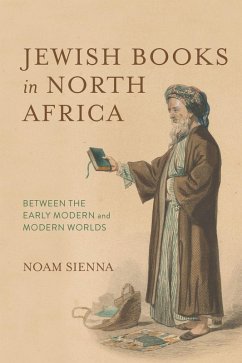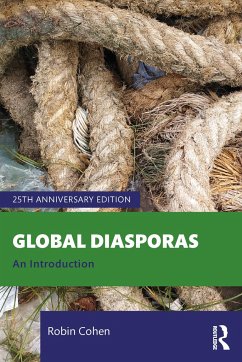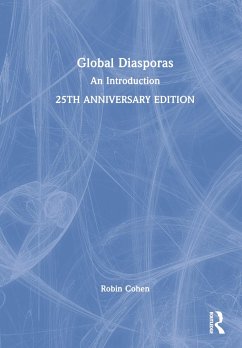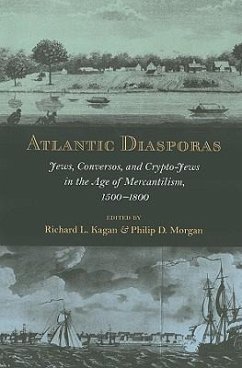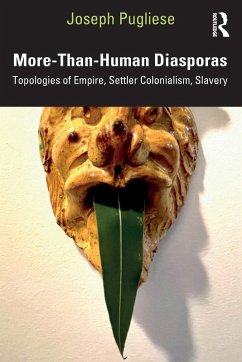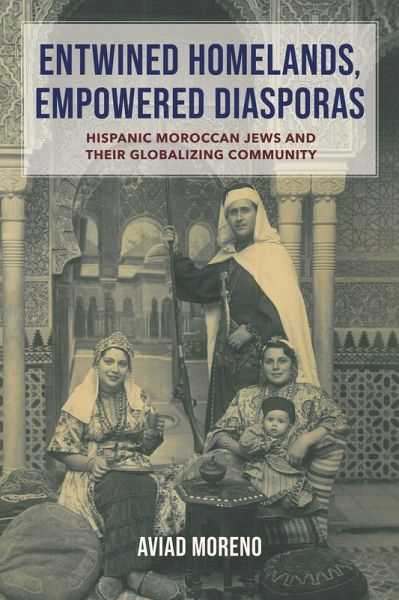
Entwined Homelands, Empowered Diasporas
Hispanic Moroccan Jews and Their Globalizing Community

PAYBACK Punkte
21 °P sammeln!
"The 30,000 Jews in northern Morocco developed a sense of kinship with modern Spain, medieval Sepharad, and with the broader Hispanophone world that was unlike anything experienced elsewhere. Most were native speakers of Haketia -a North African Judeo-Spanish dialect. They began leaving in the nineteenth century, becoming the largest Moroccan group that departed for South America. A Hispanic Moroccan Jewish diaspora, as this group is often called by scholars and its community leaders, became highly mobile in the twentieth century, with major hubs in Spain, Venezuela, and Israel, and smaller on...
"The 30,000 Jews in northern Morocco developed a sense of kinship with modern Spain, medieval Sepharad, and with the broader Hispanophone world that was unlike anything experienced elsewhere. Most were native speakers of Haketia -a North African Judeo-Spanish dialect. They began leaving in the nineteenth century, becoming the largest Moroccan group that departed for South America. A Hispanic Moroccan Jewish diaspora, as this group is often called by scholars and its community leaders, became highly mobile in the twentieth century, with major hubs in Spain, Venezuela, and Israel, and smaller ones in Argentina, Brazil, Canada, France, and the U.S among others. Drawing on an array of communal sources from across this diaspora and privileging the voices and agency of individual players, Aviad Moreno examines how its leaders came to maintain narratives of common ancestry in multiple homelands, and today participate in an interconnected, worldwide diaspora. In the twenty-first century, global networks empower the diaspora's hubs locally, facilitating integration into their respective national settings and with Hispanic Moroccan Jews from other diaspora hubs"--




